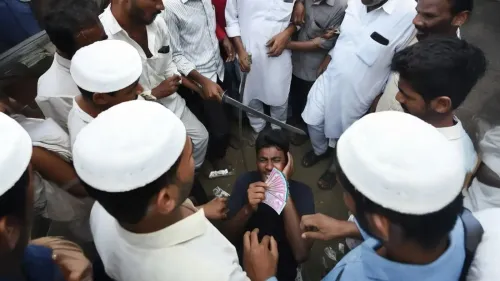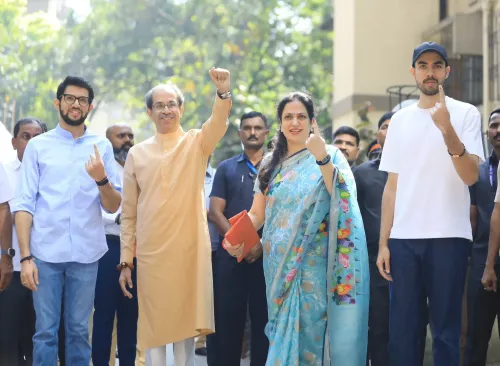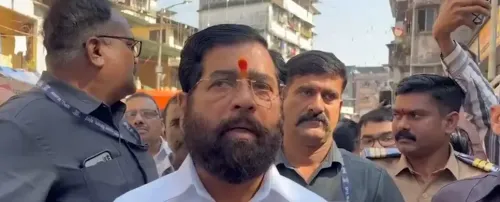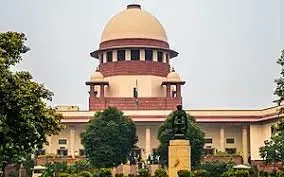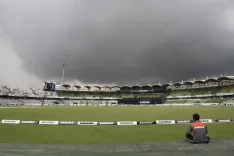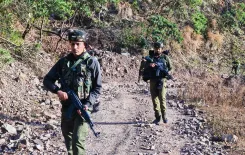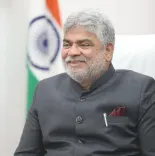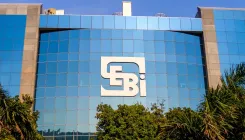Why Did Kerala HC Grant Bail to Six Juveniles Accused of Murdering a 15-Year-Old?
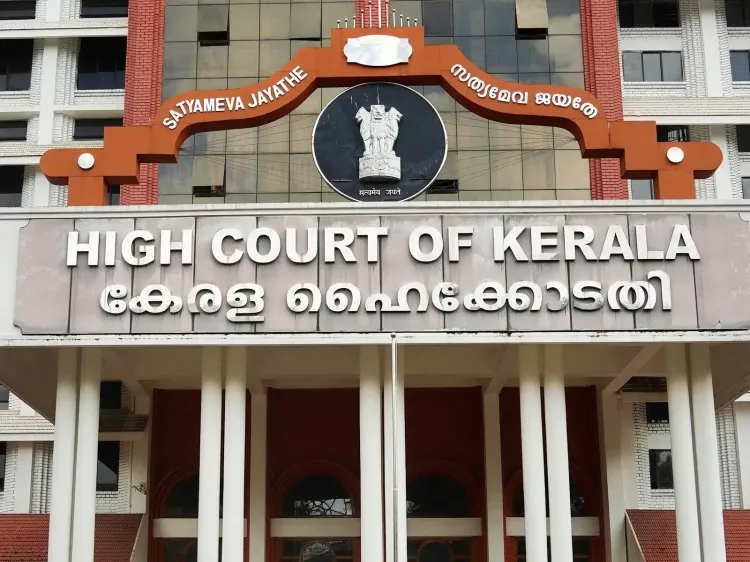
Synopsis
Key Takeaways
- Kerala High Court grants bail to six juveniles accused of murder.
- The decision has sparked significant public outcry.
- Shahabas succumbed to injuries sustained in a school fight.
- Legal considerations for juveniles differ from adult offenders.
- Continued advocacy for justice from the victim's family.
Kochi, June 11 (NationPress) The Kerala High Court has approved bail for six juveniles involved in the murder of 15-year-old Shahabas, despite the victim's father vehemently opposing the ruling and vowing to continue his fight for justice.
This decision comes a week after the court instructed the Superintendent of the Observation Home in Kozhikode to facilitate the admission of these accused individuals into different schools.
On Wednesday, Justice Bechu Kurian Thomas issued the bail order, allowing their release from the Kozhikode Observation Home upon the personal bond of their parents.
In granting bail, the court emphasized that observation homes are not designed for extended confinement, especially when the juveniles have no prior criminal history.
Additionally, the court required the parents to submit affidavits and made it clear that the juveniles must assist in the ongoing investigation and avoid any criminal conduct.
The father of Shahabas stated that he had remained silent until now, but after today's events, he feels compelled to speak out against the perceived injustice.
Last month, the High Court intervened on behalf of these juveniles after the state government withheld their examination results.
Following this intervention, state Education Minister V. Sivankutty announced their Class 10 results, confirming that all had passed and were eligible for further studies.
Shahabas was a student at MJ Higher Secondary School, Thamarassery, Kozhikode, and succumbed to severe injuries on March 1 after an altercation between students from his school and Thamarassery GVHSS, which arose from a dispute during a farewell event at a tuition center in late February.
Despite teachers attempting to mediate through a series of WhatsApp messages, tensions escalated, leading to a violent confrontation near the tuition center.
Shahabas sustained critical head injuries that ultimately resulted in his death.
Police have filed murder charges against the accused, stating that they used weapons such as a truncheon and a nunchaku during the assault on Shahabas.
Although Shahabas was not a student at the tuition center, he was called to the location while running an errand.
After the incident, a friend transported him home. Initially, his family suspected drug use when they discovered him in a weakened condition.
Upon uncovering the truth, he was hurriedly taken to Thamarassery Taluk Hospital and subsequently transferred to Kozhikode Government Medical College and Hospital, where he later passed away.
All accused students have been in judicial custody since then and also took their examinations while in custody.
–IANS
sg/vd


